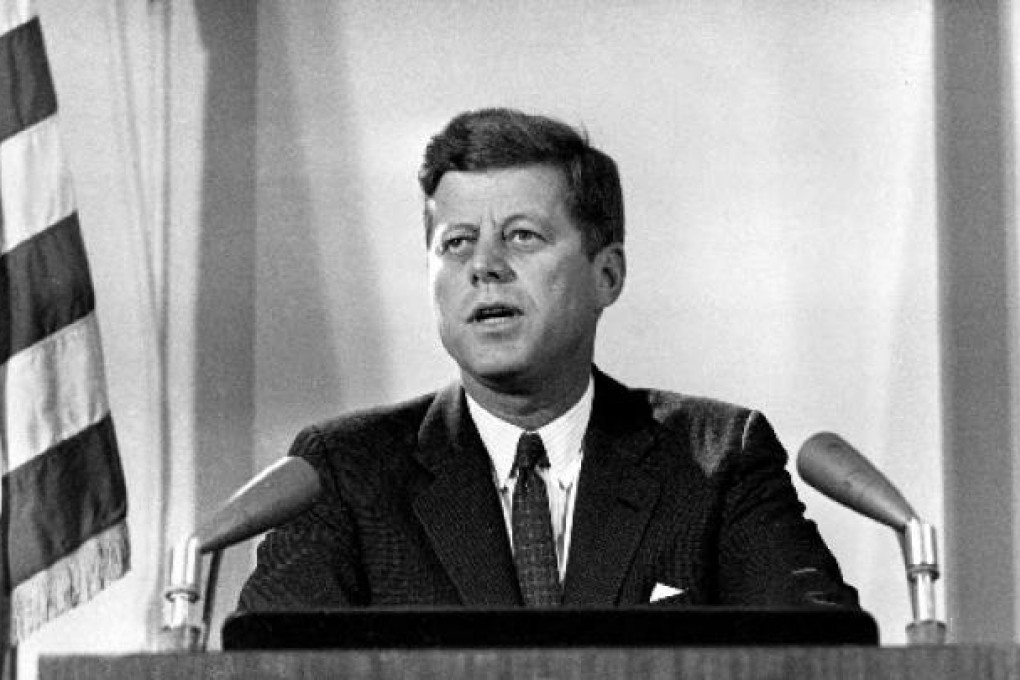
Fifty years after the Cuban missile crisis, Havana remains virulently hostile to the United States, which reciprocates by maintaining a crippling economic embargo against the communist-ruled island.
Despite the passage of time, official speeches from the Castro regime and state-controlled media still refer to the superpower 145km across the Florida Strait as “the enemy” or “the Northern empire.”
The “blockade,” as Cubans describe the US economic and financial embargo imposed by Washington since February 1962 before the Missile Crisis, remains the main obstacle to any normalisation.
Fidel Castro suffered a health crisis in 2006 and delegated duties to his brother Raul. Despite some loosening of rules on property ownership and business, the regime has kept a strong grip on the reins of power.
Cuban officials insist that the embargo, enshrined in US law and condemned annually by an overwhelming majority of UN members, has already cost this island nation of 11 million people more than US$100 billion.
“It is the main cause of our country’s economic woes,” Cuban Foreign Minister Bruno Rodriguez said on September 20.